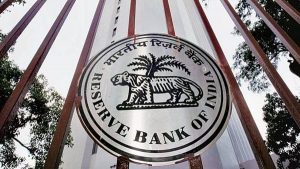Urban Co-operative Banks : Key Measures Taken By RBI

To strengthen 1,514 urban co-operative banks, the Reserve Bank India has notified four key measures, including giving them two years more to meet the priority sector lending targets.
Four Key Measures are:
- Allowing UCBs to open new branches without prior approval from RBI, up to 10% (maximum 5 branches) of the number of branches in the previous financial year. Allowing UCBs to do One-Time Settlement at par with commercial banks.
- Extending the timeline for UCBs to achieve Priority Sector Lending (PSL) targets by two years, up to March 31, 2026.
- The excess deposits, if any, after clearing the shortfall of PSL during FY 2022-23 will also be refunded to the UCB.
- Notifying a nodal officer for closer coordination and focused interaction between RBI and the cooperative sector.
Effects:
- These initiatives will further strengthen the UCBs, which work in urban areas and were facing hardships in achieving PSL targets.
- The Ministry of Cooperation is committed to strengthening cooperatives and treating them at par with other forms of economic entities.
Urban Cooperative banks (UCB):
- The term Urban Cooperative Banks (UCBs) is not formally defined but refers to primary cooperative banks located in urban and semi-urban areas.
- The Urban Cooperative Banks (UCBs), the Primary Agricultural Credit Societies (PACS), Regional Rural Banks (RRBs), and Local Area Banks (LABs) could be considered as differentiated banks as they operate in localized areas.




